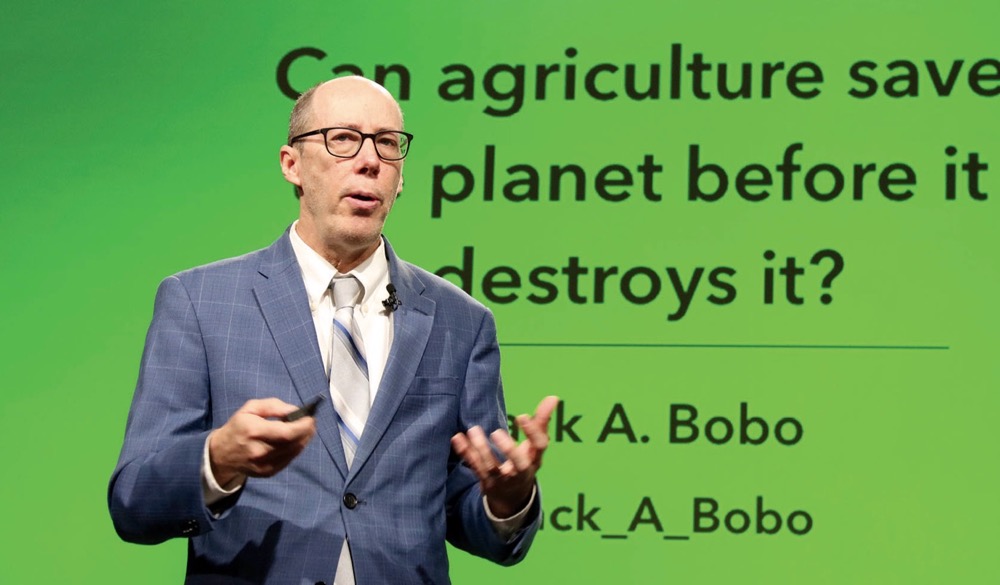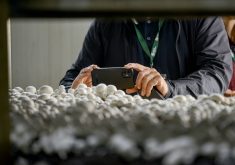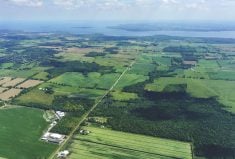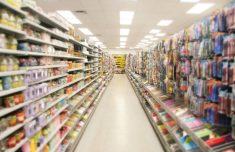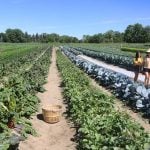In many ways this is the best time in history for the production and safety of food.
There are fewer greenhouse gases produced per bushel of corn, with significantly less erosion and half the water of 30 years ago, says Jack Bobo, vice-president of global policy and government affairs for Intrexon, the company that owns the rights to many of the genetically modified products coming to the market.
“And things are getting better,” he said at the Grow Canada conference in Ottawa recently.
Why it matters: There are technologies that can be used to reduce agriculture environmental impact but are not being used because of consumer and regulator concerns.
Read Also
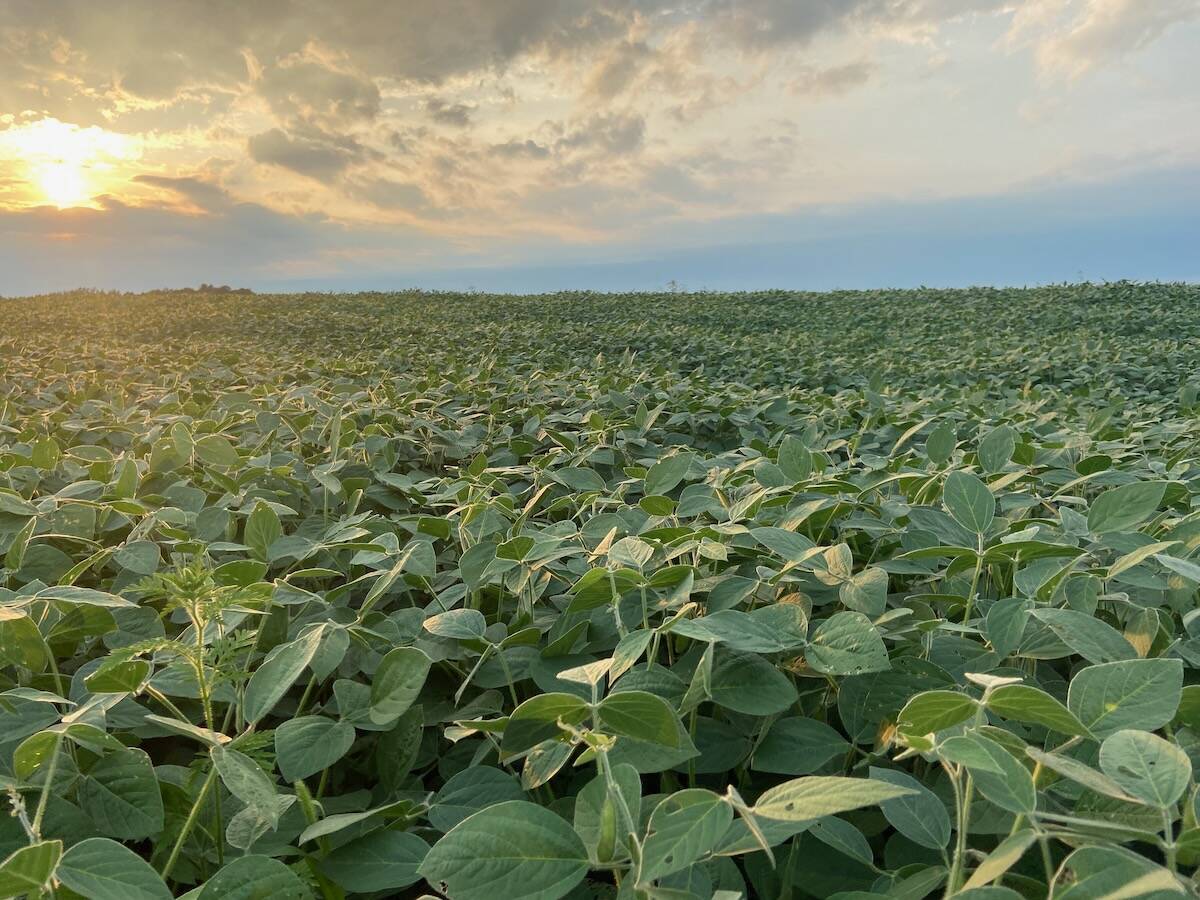
U.S. agricultural trade in a widening deficit, study shows
U.S. agricultural imports now exceed exports and the deficit is expected to worsen, according to a study from the University of Illinois.
“Food has never been safer, people have never worried more,” he said.
Bobo said that even more efficiency in food production is needed, as the world’s population continues to grow. It is projected to reach about 9.7 billion at about 2050, according to the United Nations.
He said there are already significant stresses showing in the planet’s environment, much of it caused by agriculture and food production, while even more food will be needed.
Nine million people will die of hunger this year in the world, a greater cause of death than anything else, yet it is not top of mind compared to other concerns that are closer to home.
“It is not a statistic; it is a child,” he said.
Bobo, like he did for most of his points, had a good news message as well. Death from hunger has already been reduced significantly in the past 50 years.
He pointed to deforestation, 80 per cent of which happens to make way for agricultural production, and the running dry of some water systems including the Aral Sea and the fact the Colorado River no longer runs to the ocean. Both were heavily used for irrigation of farmland.
The improvement in efficiency in production of corn, for example, has much to do with the use of more technology in farming. Even more technological advancement will be needed to continue to increase food production on land that is now farmed.
Change resisters
Technology means change, and Bobo said that “for most of the people of Canada disruption is not a good thing and change is not a good thing. The way we talk about it can scare the heck out of people.”
Use of language when referring to agriculture technology, therefore, is important.
Many of the advances in agriculture productivity have been in automation. Continued advances will also see greater automation on farms, including autonomous field work machines and artificial intelligence. The embodiment of artificial intelligence is a robot, which can help reduce the need for labour on the farm.
As manufacturing costs decline in agriculture, mostly due to automation reducing labour needs, Bobo pointed out that transportation costs become more of an issue, which will make local production more feasible. That should help reduce environmental impacts.
However, it is challenging to get consumers to see that progress and its positive impact for local production and the environment.
A reason why people don’t act as expected about food
The way people respond to technology isn’t always logical, he said, pointing to inversion theory, which says that richer people will go against technology once it become affordable for lower-income populations.
For example, at one point the rich had electricity and the poor used candles. Now, when electricity is ubiquitous, lower-income populations make use of it and richer people buy fancy candles.
He says that’s what is happening today with organic production, as highly educated, more affluent populations choose to pay more for organic food. If you follow the thought to its eventual conclusion, then what happens when organic food is inexpensive for all? Will richer populations then choose regenerative agriculture, or gene-edited crops as their inversion?
There are consequences with changes driven into the food system. Take Europe for example, said Bobo. Severe environmental regulations have reduced the efficiency of farms, especially in a country like the United Kingdom. Farmers have been unable to compete without access to technology.
The U.K. now imports more than half of its food, much of it from places like Brazil, one of the world’s most biodiverse areas. As Brazil clears more land to feed Europe, the continent continues to erect barriers for its own farmers.
Leading people to knowledge
Bobo has worked both in government and industry and now talks to consumers and regulators about the genetically modified foods Intrexon controls, including Arctic Apples with non-browning traits, mosquitos modified to resist the Zika virus, and Trans Ova Genetics, a leading creator of cloned animals.
He’s found that “if you lead with science you will lose with science” when talking with consumers.
“We have to lead people to knowledge instead of beating them up with science,” he said.
Bobo said that declining birth rates will result in a global population decline after 2050. Population growth will mostly be from people living longer around the world, which Bobo called a good news story.
However those people will have to eat and as a result, “the next 30 years are the most important ever in history of agriculture. That’s why we have to get it right.”


